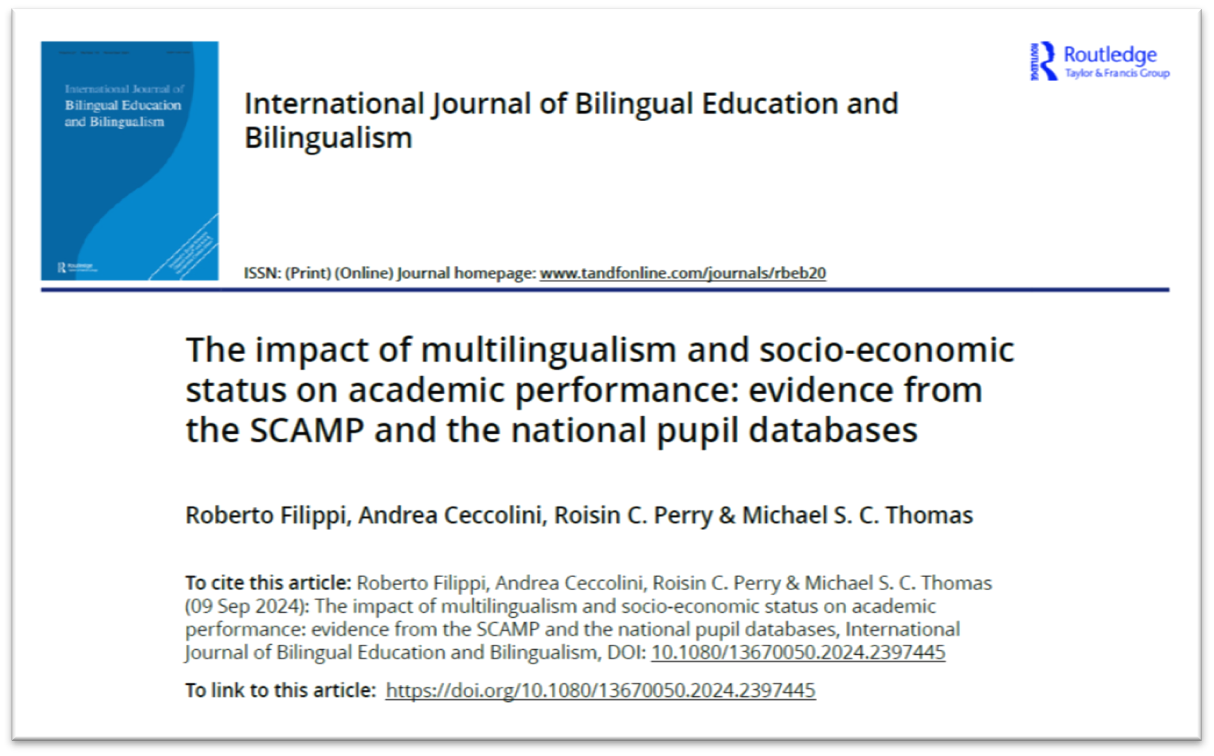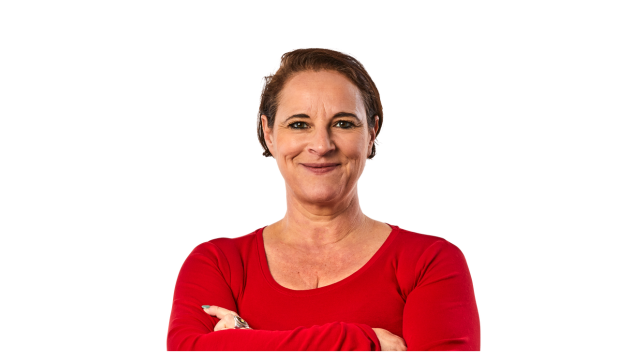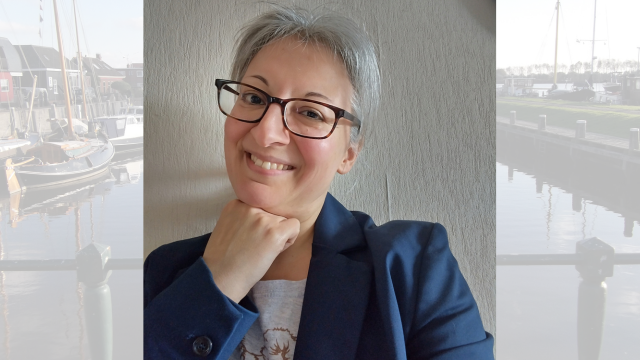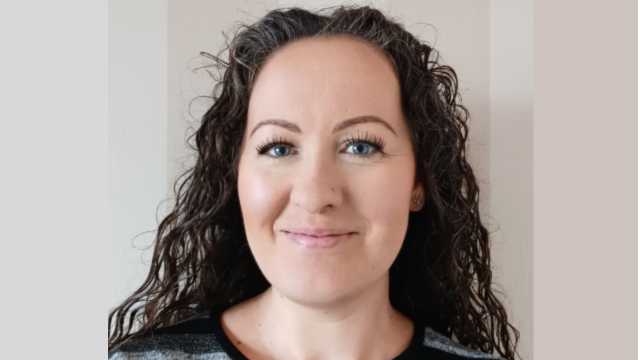-
QUALIFICATIONS
- For Linguists Worldwide
- For UK Public Services
- Preparation
- Policies & Regulation
-
MEMBERSHIP
- Join CIOL
- Membership grades
- NEW for Language Lovers
- Chartered Linguist
- Already a member?
- Professional conduct
- Business & Corporate Partners
-
ASSESSMENTS
- For Second Language Speakers
- English as a Second Language
-
EVENTS & TRAINING
- CPD, Webinars & Training
- CIOL Conference Season 2025
- Events & Networks
- CIOL Mentoring
-
NEWS & VOICES
- News & Voices
- CIOL eNews
- CIOL Awards
- The Linguist
- Jobs & Ads
-
RESOURCES
- For Translators & Interpreters
- For Universities & Students
- Standards & Norms
- CIOL & AI
- All Party Parliamentary Group
- In the UK
- UK Public Services
- Find-a-Linguist
Multilingualism: A Path to Academic Success and Social Mobility
As Chief Executive of the Chartered Institute of Linguists, I was particularly encouraged by an important new study that brings robust evidence to a question that has long interested linguists: what is the impact of multilingualism on academic achievement?
The research, published in the International Journal of Bilingual Education and Bilingualism, analysed data from over 3,200 pupils in the UK, tracking their performance from age 11 (Key Stage 2) through to their GCSEs at 16 (Key Stage 4). The findings show a nuanced but ultimately very positive picture of multilingual education's benefits.
Initial challenges are overcome
First the challenges: the study found that students learning English as an additional language initially faced some academic hurdles at Key Stage 2, particularly in English and Science. This has been noted in other countries too in bilingual schools.
However - and this is crucial - these same students had caught up with their monolingual peers by GCSE level. Even more striking, students who had grown up speaking multiple languages from birth (simultaneous multilinguals) not only caught up but often outperformed their monolingual counterparts by Key Stage 4.
Socio-economic disadvantage is offset
Perhaps most significant for those concerned with educational equity was the finding that multilingualism appeared to provide a degree of resilience against socioeconomic disadvantage. While free school meals status (a proxy for lower socioeconomic status) generally predicted lower academic achievement, multilingual pupils from these backgrounds showed remarkable academic progress between Key Stage 2 and Key Stage 4 compared to their monolingual peers.
This evidence challenges any lingering misconceptions about multilingualism being a barrier to academic success. Instead, it suggests that maintaining and developing multiple languages enhances educational outcomes and provides valuable cognitive advantages.
Tangible educational, cognitive and social benefits
For us at CIOL, these findings reinforce what we have long advocated: that linguistic diversity is not just culturally enriching but can offer tangible educational, cognitive and social benefits. These findings make a compelling case for educational policies that actively nurture, support and encourage multilingualism from an early age.
Parents raising children with multiple languages, and schools who support Home, Heritage and Community languages should feel confident that they are making an investment that can pay significant dividends in terms of academic achievement and social mobility.
As parents, linguists and language professionals, we must continue to champion policies and practices that support linguistic diversity in our schools and communities.
John Worne, Chief Executive
More
The Chartered Institute of Linguists (CIOL), Incorporated by Royal Charter, Registered in England and Wales Number RC 000808 and the IoL Educational Trust (IoLET), trading as CIOL Qualifications, Company limited by Guarantee, Registered in England and Wales Number 04297497 and Registered Charity Number 1090263. CIOL is a not-for-profit organisation.









